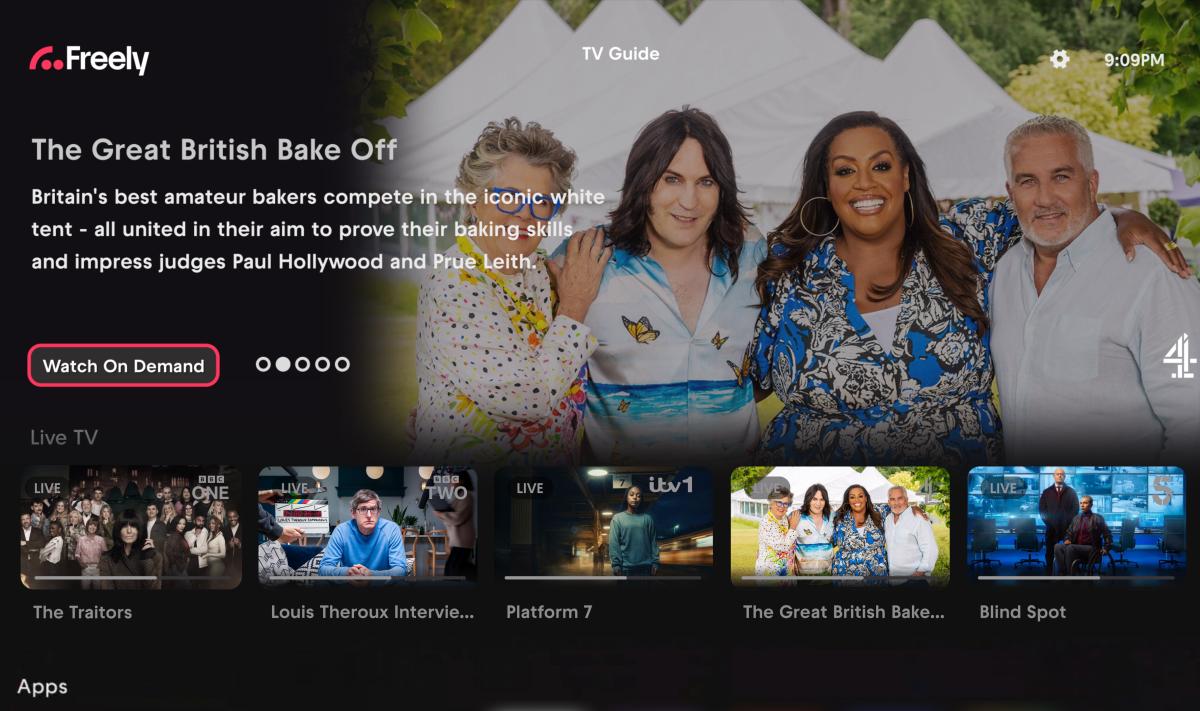Meta could launch paid, ad-free versions of Facebook and Instagram in the European Union, sources familiar with the firm have revealed, as the social media giant pushes to meet incoming EU regulation.
According to The New York Times, insiders have suggested a subscription service that would remove ads in the Facebook and Instagram apps. The plans contained no indication of timings or cost structure, but noted that the company would continue to offer the free versions with ads in the EU.
The proposal is the latest move by Meta to bring its advertising policies in line with new EU legislation, and specific orders from the Irish Data Protection Commission, which regulates Meta’s European operations.
In January, the watchdog questioned the legal basis of Meta’s consent mechanism, whereby users were effectively consenting to the use of their personal data in targeted advertising when they signed up to the terms and conditions. Last month the company proposed changing the policy, so all users in Europe are explicitly asked for permission to show targeted ads based on their activity on Facebook and Instagram.
But this policy has yet to come into play, and in the meantime Meta faces fines for daily contraventions of GDPR in its use of personal data in advertising. In Norway the company is paying $94,313 in fines per day, despite its commitments to seeking user consent. Last week the Norwegian data watchdog told a court these plans were unclear, and until they take effect, users’ rights were being violated.
And on Friday, the EU began enforcing key parts of the Digital Services Act (DSA), legislation designed to hold Big Tech companies to account. Meta announced a raft of new transparency tools in order to comply with the rules, such as updates to its Ad Library to include information about when and to whom ads were served in the EU.
Opting out
But introducing paid versions of Facebook and Instagram would mark the most significant effect of the EU regulation. CEO Mark Zuckerberg has long maintained that there would always be a free version of Facebook, telling Congress in 2018: “We think offering people an ad-supported service is the most aligned with our mission of trying to connect everyone in the world, because we want to offer a free service that everyone can afford. That’s the only way we can reach billions of people.”
It also provides Meta with 97.5 percent of its revenues, according to the company’s 2022 earnings report. The advertising business also performed well in the last quarter, reaching $31.5 billion and returning to double-digit growth for the first time since 2021. And according to WARC’s latest global ad spend report, social media spend will hit $227.2 billion next year, with Meta set to take 64.4 percent of that total.
But if offered the choice to not see ads, EU users may opt out. Whether they would be willing to pay to do so is less certain, but considering Meta has more users in Europe than North America, it could cause a substantial hit to Meta’s major revenue stream. In 2021 Apple introduced its App Tracking Transparency (ATT) policy, requiring iPhone apps to ask users for permission to share their data. Social media companies are still reeling from those changes, with Snapchat citing ATT when reporting ad sales, which are set to decline for a third consecutive quarter.
Meanwhile Elon Musk’s attempts to introduce an ad-free subscription service to X (formerly Twitter) have not had the desired effect on the company’s tumbling revenues. The firm paused the Twitter Blue programme days after its launch in November 2022 following a proliferation of fake accounts being marked as official. The service relaunched in December but its earnings (an estimated $11 million in March) are proving immaterial in offsetting a 50 percent decline in ad revenues.





